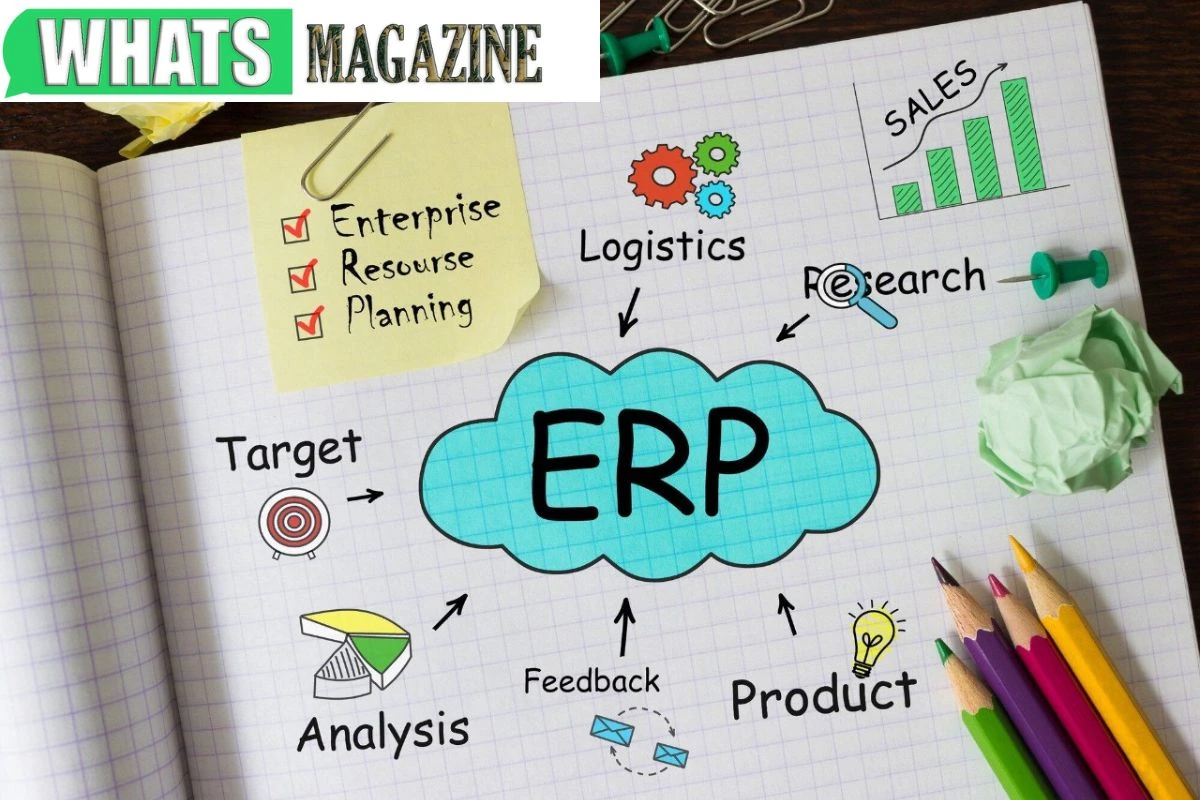Ready to turbocharge your business operations and send productivity soaring into the stratosphere? Look no further! Welcome to the world of Enterprise Resource Planning implementation strategies. It is where innovation meets efficiency, and businesses transform into lean operating machines. These strategies will not only make your business run smoothly. It also gives you the skills to work in a business world that is always changing. Get ready to change how you do business and start a growth journey. Buckle up! It’s time to dive into the world of ERP implementation strategies.
In this article
What Are ERP Implementation Strategies?
Strategies for implementing Enterprise Resource Planning are like steps or plans. It is mainly used to set up and connect an ERP system within a business. Designed to ensure an ERP system is successfully set up and used. They want to make business operations run more smoothly and efficiently. It also raises output by making the most of what technology can do.
Top ERP Implementation Strategies to Consider
Now, we understand what ERP implementation strategies are. Let’s explore some of the best strategies that businesses can adopt for success:
Choose the Right Software Solution
The first step is selecting the right software solution for your business. With many options available in the market, this can be a daunting task. When assessing solutions, it is crucial to consider business needs, size, and budget. Additionally, partner with experienced consultants. They can guide you in selecting the best software solution for your business needs. One of the leading choices to consider is NetSuite. Known for its holistic approach to business operations. To find the best NetSuite implementation partners, go through a thorough screening process. Look for a partner who can apply NetSuite solutions and understands your business.
Plan and Define Your Business Processes
Before implementing a system, have a thorough understanding of your business processes. This will assist you with sorting out what necessities fixing. You will likewise figure out how to change the ERP framework to meet your requirements. Work with all partners, including laborers, to plan current cycles. Put forth clear objectives for the future and ensure they are by your current activities.
Develop a Comprehensive Implementation Strategy
A fruitful ERP execution requires an obvious technique. It ought to frame the timetable, assets, and responsibilities regarding each stage. This incorporates laying out reasonable objectives and recognizing possible detours. Laying out an emergency course of action if there should be an occurrence of any difficulties is likewise included.
Train Your Employees
The progress of an execution vigorously depends on representative reception and purchase. Invest in comprehensive training programs. This ensures all workers have the skills and information needed for the new system. That way, there will be less opposition, and more work can be done.
Consider a Phased Rollout
A staged rollout includes executing the ERP framework in stages as opposed to at the same time. This allows for easier management of change. It reduces risks and provides opportunities for continuous improvement throughout the implementation process.
Hybrid Approach
One more system to consider is a cross-breed approach. It consolidates the utilization of both on-reason and cloud-based ERP arrangements. This considers greater adaptability and versatility in overseeing cycles and information.
Unleash Your Business Potential With Effective ERP Implementation Strategies
ERP execution methodologies are key drivers for business change. It can unlock new levels of efficiency and productivity. Follow the strategies above to navigate the journey of ERP implementation successfully. Release the maximum capacity of your business with successful ERP execution techniques. Visit our blog for additional bits of knowledge and tips. Remain on the ball and enable your business to arrive at new levels of progress!








